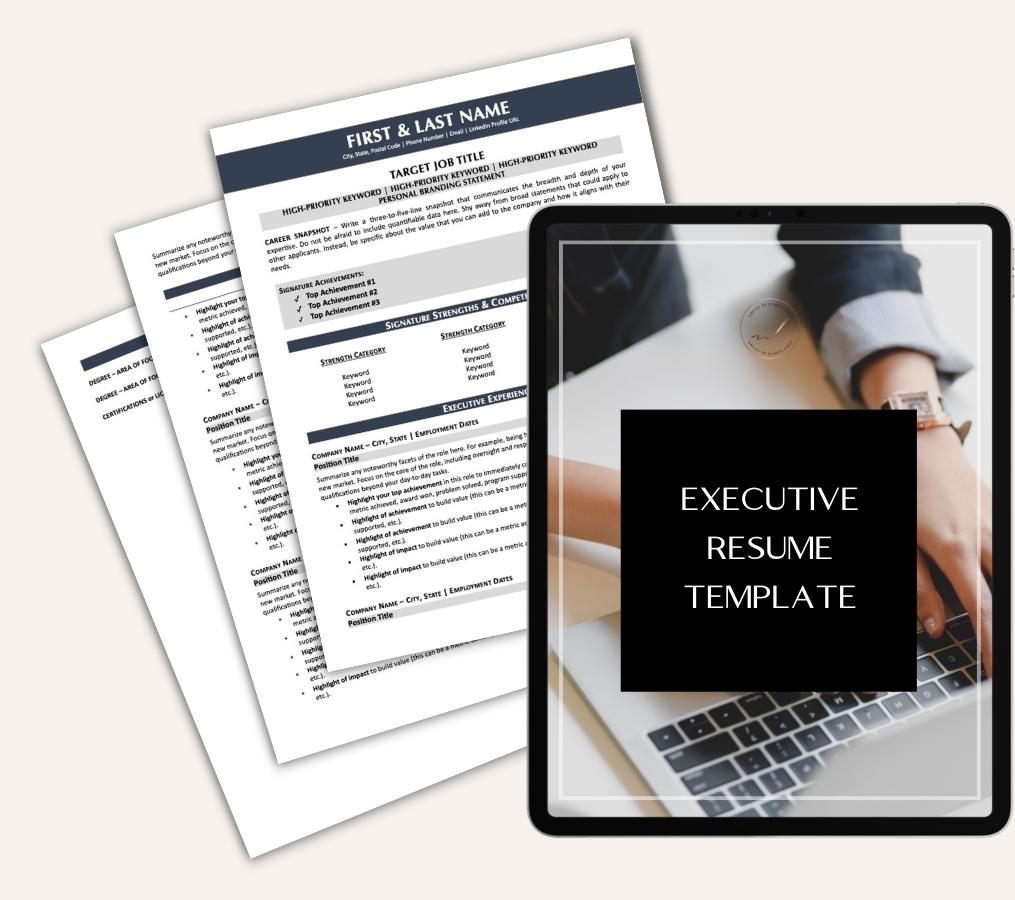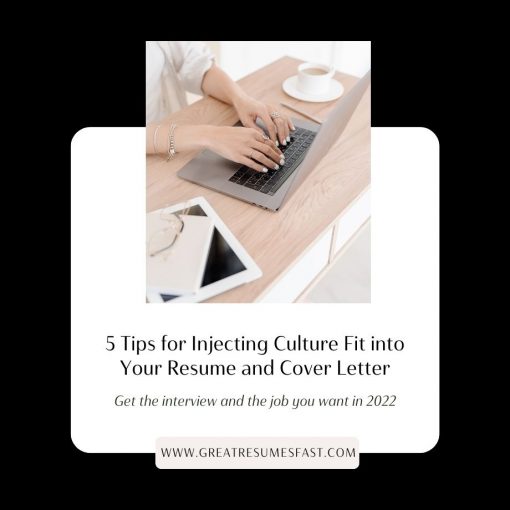Being Too Busy Can Hurt Your Career
We all remember George Costanza of Seinfeld’s strategy for avoiding work: “When you look annoyed all the time, people think that you’re busy.”
He imparted this advice to his friends shortly after receiving a promotion, but not being any busier with work as a result. While many might often wish life could imitate art in this way, if you look annoyed and busy all the time at work, you’re probably more likely to stay right in the job you have rather than earn a cushy promotion and be able to get away with doing less for more money and a nicer title. Why? Simple – it probably appears you can’t handle a promotion.
Promotions Mean More Responsibility
It might be self-explanatory that a promotion brings more responsibility with it, but what does that mean for how people are considered for promotions? For one, it means that managers and supervisors who make promotion decisions are looking for people who already handle their current responsibilities well. And by handling them “well,” I don’t mean getting them done and done well, I mean getting them done, done well, and doing it without complaining, showing high levels of stress, or requiring a lot of extra support from coworkers.
Of course, there will always be times that people are stressed out, or need help or answers from coworkers, but if this is the constant state in which you are operating at work, it’s not helping your career. You might think that volunteering for every project that comes along, or always offering to be the one who steps up to fill a role is making you stand out to your bosses, but it might actually be backfiring.
When you take on too much, it’s quite possible that your regular work responsibilities are suffering. Even if your regular responsibilities aren’t suffering, your attitude might be. If you’re in an office where your boss sees you every day and knows that you’re stressed out by your current amount of responsibility, you will be less likely to be high on their list of people who can take on more responsibility.
But how can you keep from looking or feeling overwhelmed by what’s on your plate? Here are some brief tips for balancing your responsibilities, ambitions, and keeping your cool:
● Be honest. Don’t complain, but have a professional conversation with your boss and frame it in the context of your work not being the quality the company deserves—
not that you are feeling bad and tired and stressed.
● Offer alternative solutions to a boss or colleague. If they ask you to take on a new project, suggest a way they could make it easier on themselves, or ask if you could speak with them about it at a later time when you have a little less on your plate.
● Ask your boss or a colleague how much time they either spend themselves or expect that people are putting into certain projects. If your time commitment is way off the mark, ask for advice on how to adjust how you are completing the project or task.
● If you’re always offering to take the lead on projects, step back when you feel overwhelmed and offer to be the secondary person on a project, helping where needed but not taking on a new full load of work.
Attitude Matters in Promotions
If you’ve worked in an office, you’ve had that coworker. You know the one—the one you were afraid to interrupt to ask a question of, even if it was urgent, because they always seemed to have SO MUCH going on. You do not want to be that person.
Being approachable is so important in an office setting. It isn’t important only for clients, but also for your coworkers and your boss. People need to know you’re a team player and that you can and will work toward the common goal of success for the company or organization you work for.
However, to be approachable and to show that you’re part of the team, you might have to step back from your overachieving, extra busy style to maintain an approachable attitude and the ability to actually take on more work.
Take on work, volunteer for projects, but know your limits. Know how to triage projects—leave room to take on projects that a supervisor asks you to do by politely telling coworkers you can’t help them out on every single minor project they ask you to help with. Understand that unexpected requests are going to pop up every day, interrupting your schedule and the work you planned to get done that day. Staying late every single night doesn’t make you a hero, it makes you look like you can’t handle your workload and get your work done during the day. Of course, certain high-intensity industries (think corporate law, political campaigns, etc.) might be the exception, but in general, you need to show that you can manage your time and handle requests that come out of the blue if you want to move up the ladder.
And, if you do get interrupted and your work gets thrown off track, you have to keep your attitude in check. Acting stressed out or annoyed doesn’t do you any favors. It might showcase how busy you are, but it doesn’t speak well of your ability to handle the higher stress and increased managerial responsibilities that often come with moving up the company ladder.
If you want to be promoted and oversee other employees at a company, you need to show that you can handle stress and difficult situations maturely, professionally, and without losing your cool. Acting annoyed or even just frazzled does not help establish you as a professional who can handle managerial responsibilities.
If you’re wondering, how can I possibly not show stress at work? Here are some tips for keeping your attitude professional and calm:
● Focus. Forbes offers several recommendations, but focusing on just one thing at a time is a big one here. Get the important work out of the way, then you won’t have it weighing on your mind anymore when people ask you questions or ask you to jump in on a new project.
● Pause before responding. If a colleague comes up to you and asks for help, but you’re swamped, don’t just immediately reply with the first thought that comes to mind. Take a breath, reframe your thoughts, and reply politely. “I’d love to help, but I need to finish this in the next hour” sounds a lot better than, “No, I’m busy.”
● Show some stress! Just do it professionally. Don’t whine, don’t complain, don’t snap at colleagues – instead, as mentioned in the above section, have courteous, productive conversations about how you can alter your workload.
● Be professional, but not rude. If you get interrupted, you don’t have to have a big grin on your face, but you should never be the huffy person who visibly rolls their eyes. Take a deep breath, and then be cordial while you’re being honest.
● It might sound easier said than done, but stay positive. Instead of thinking to yourself “I’m never going to finish this project,” think “Only 5 more pages to type.” Then, if the phone rings or a colleague comes into your cubicle, you won’t already be in a negative mindset and ready to snap at them. Instead, you’ll be a more positive person who seems approachable.
But I AM Busy
Great! That means your boss trusts you and wants to give you more work and more responsibilities. But be honest with your boss and yourself. This doesn’t mean complain when you get too much work, it means stay professional and remember that if you’re not doing your best work you’re not helping the company. If a deadline seems way too rushed, ask if it can be pushed back if you are going to struggle to meet it.
How else can you ease some of your stress?
● Ask if you can push a deadline back on another project to make time for a more urgent project.
● Ask if you can bring in a coworker with a different skill set to help you complete a project by a deadline.
● Ask questions in general—don’t take a general project, then have to spend hours figuring out what is needed.
● Don’t volunteer for additional projects until those that have been assigned to you are under control.
Taking on too much is more harmful to your career than it is helpful.
Conclusion
We all get stressed out and busy at work. We all have to put in extra hours, coming early or staying late, answering emails on the weekend, or taking calls at night. That’s just part of being a successful professional. But when it gets in your way is when you visibly show that it is getting to you, or, you seem to be the only one in the office who is staying late, coming in early, or having to take care of emails all weekend. If you’re the boss or in a high-level position, that’s not unusual, but if you’re not, you might be putting your career in jeopardy by being the stressed out, annoyed type. It might have worked for George Costanza, but it probably won’t work for you.
Are you tired of your resume being rejected by applicant tracking systems? I know how frustrating it is to submit your resume and receive no response. I hate seeing qualified people never breakthrough the screening process. It shouldn’t be that way. That’s why I created this guide and I encourage you to download the FREE PDF so you can start seeing better resume response rates!
Share this post:

About the author
Jessica Hernandez, President, CEO & Founder of Great Resumes Fast
Hi, I’m Jessica. I started this company back in 2008 after more than a decade directing hiring practices at Fortune 500 companies.
What started as a side hustle (before that was even a word!) helping friends of friends with their resumes has now grown into a company that serves hundreds of happy clients a year. But the personal touch? I’ve kept that.
You might have seen me featured as a resume expert in publications like Forbes, Fast Company, and Fortune. And in 2020, I was honored to be named as a LinkedIn Top Voice of the year!
I’m so glad you’re here, and I can’t wait to help you find your next perfect-fit position!
1 Comments
Leave a Comment
Improve Your Resume: Download Your Free Executive Resume Template Today
Are you struggling to create an executive resume that will impress employers? Download this free executive resume template and receive a series of 10 emails with expert guidance on how to write resume content that resonates with employers so you get more interviews.
It's everything you need to stand out, make an impression, and accelerate your job search.









[…] November 21, 2018November 21, 2018 By job-search-bot This post was originally published on this […]